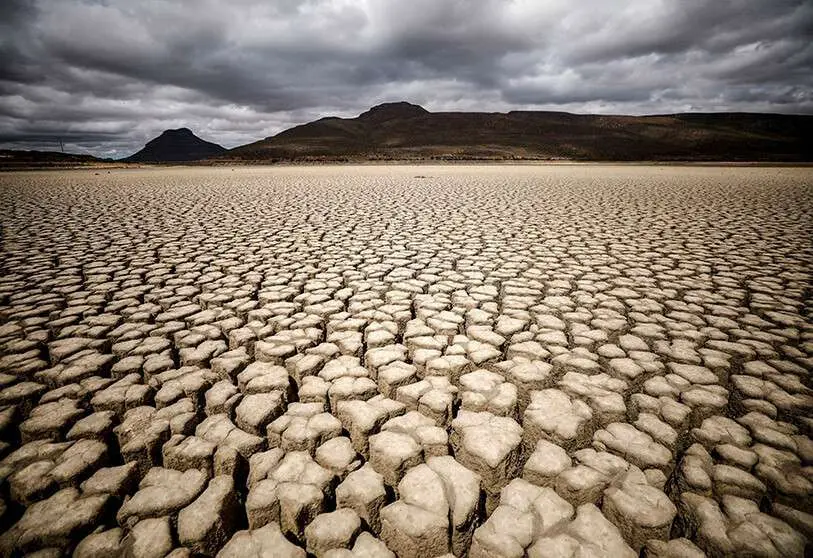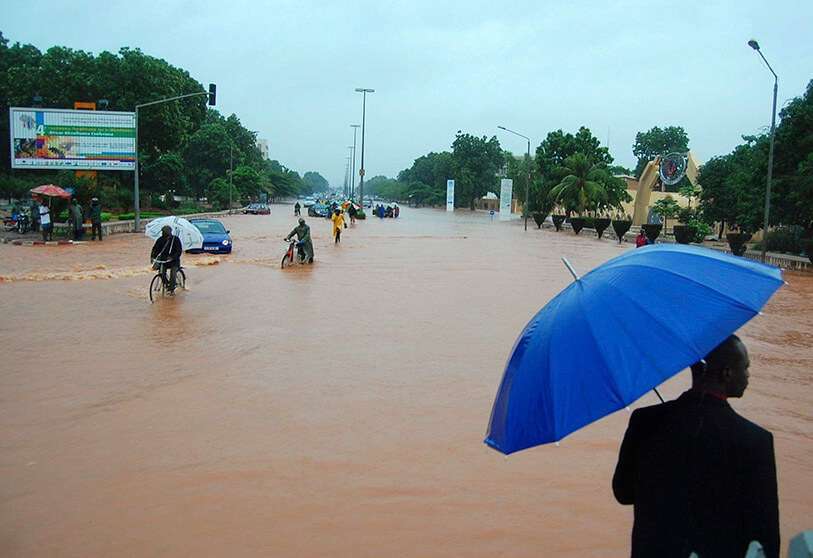UN report warns of serious effects of climate change in Africa

The climate crisis threatens to have serious impacts in Africa, where rising temperatures, rising sea levels and more frequent extreme weather events threaten the health and safety of millions of people, warns a study published today by the United Nations.
The annual report on the state of the climate in Africa, published by the World Meteorological Organization (WMO), an agency of the United Nations, notes for example that sea level rise on Africa's eastern coasts exceeds five millimetres per year, above the global average of between three and four millimetres.
Furthermore, 56 percent of the coasts of several West African countries, such as Senegal and the Ivory Coast, are being eroded at an accelerated rate, warns the study, which also predicts "devastating effects on crop production and food security".
Droughts, pests and floods will affect 13 percent of agricultural yields in West and Central Africa, 11 percent in the north of the continent and 8 percent in the east, warns the study, which predicts particularly adverse effects on rice and wheat crops.

The study also points to an increase in diseases as a result of global warming, for example malaria, as a result of the fact that mosquitoes carrying it are increasingly able to live at higher altitudes in East Africa.
WMO estimates in the report the adverse economic effects that global warming could have on Africa, which could mean a cut of between 2.2 and 12.1 per cent in continental GDP if the average temperature rises by one to four degrees, with more severe effects in the equatorial zone.
The research recalls that in 2019 the continent suffered climate disasters such as Cyclone Idai, which caused hundreds of thousands of displaced persons in countries in the south-east (Mozambique, Zimbabwe, Malawi, Madagascar), while the Horn of Africa and the Sahel suffered various floods.
"Climate change is affecting the African continent more and more, hitting the most vulnerable hardest and contributing to food insecurity and population displacement," concluded WMO Secretary-General Petteri Taalas in presenting the report.
The Finn recalled that in recent months Africa has also been affected by desert locust plagues, could now suffer droughts due to the influence of the La Niña phenomenon, and the human and economic cost of these and other disasters has been aggravated by the COVID-19 pandemic.








